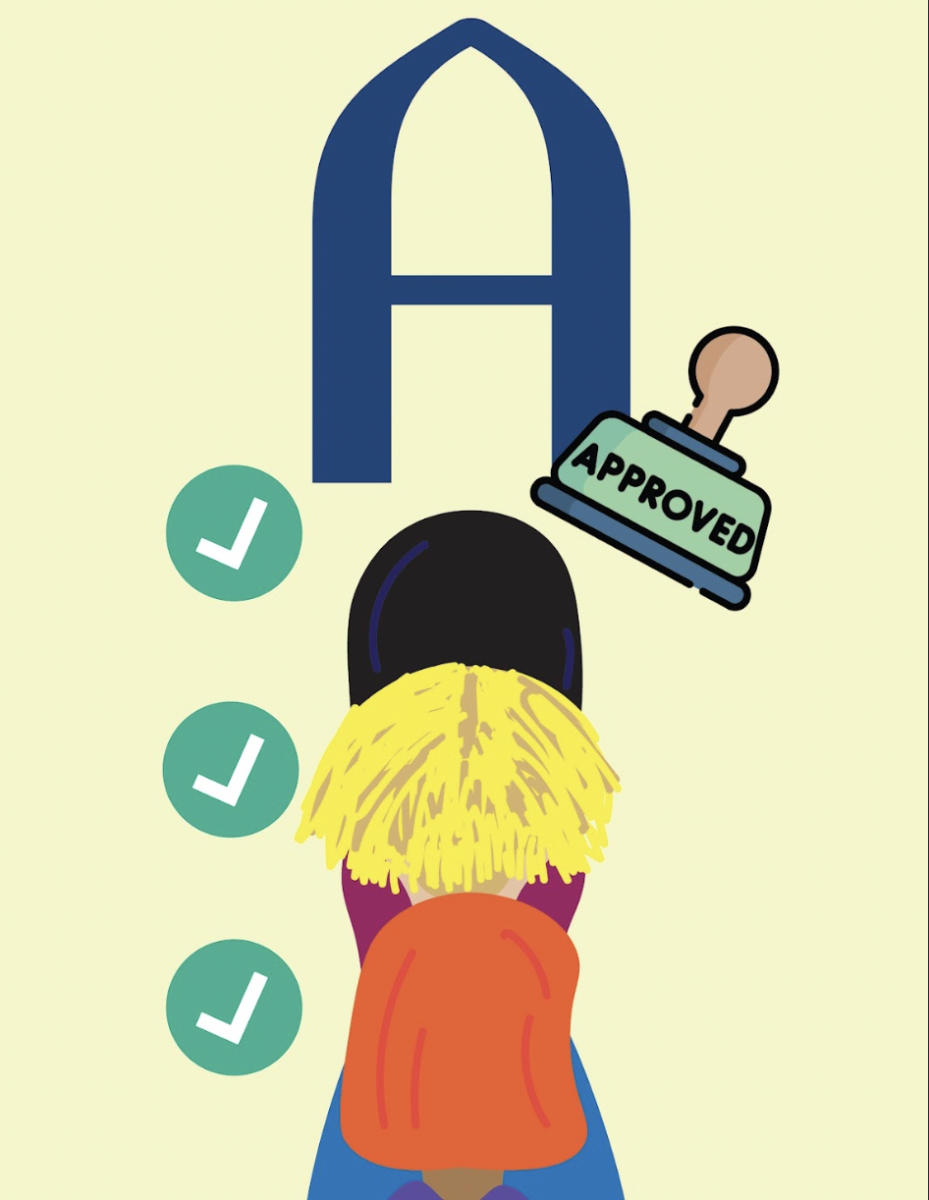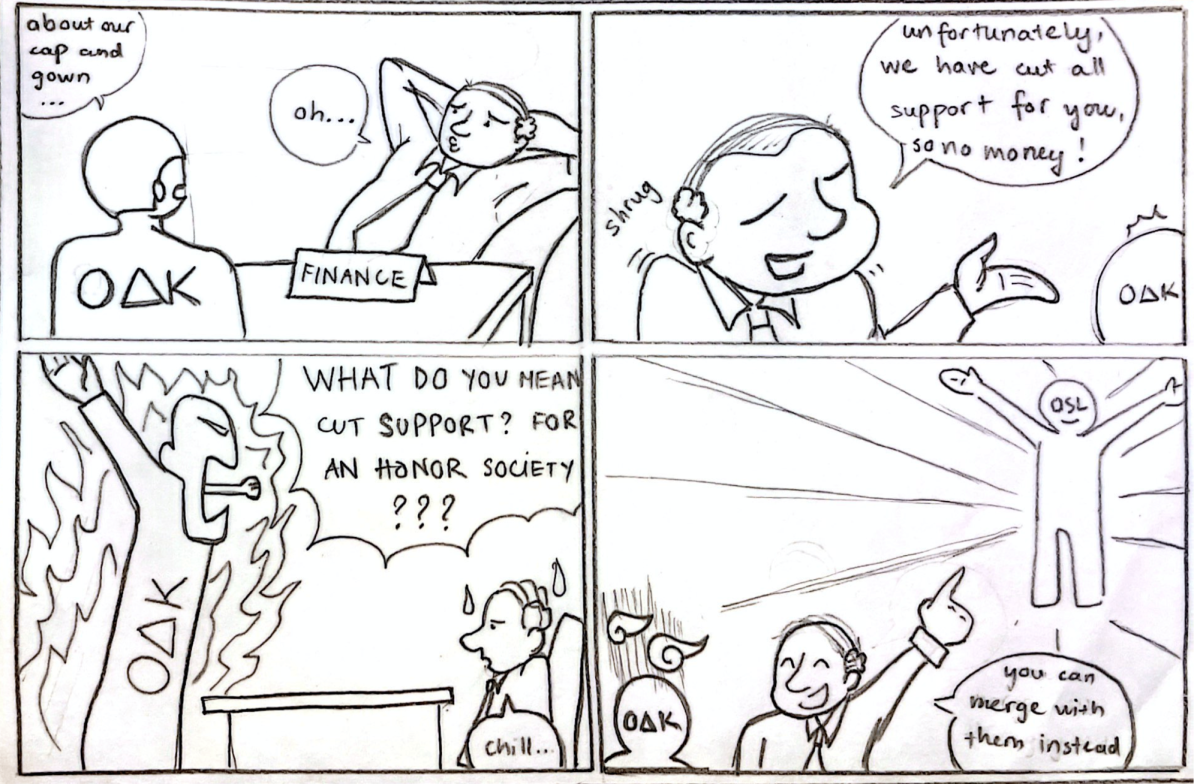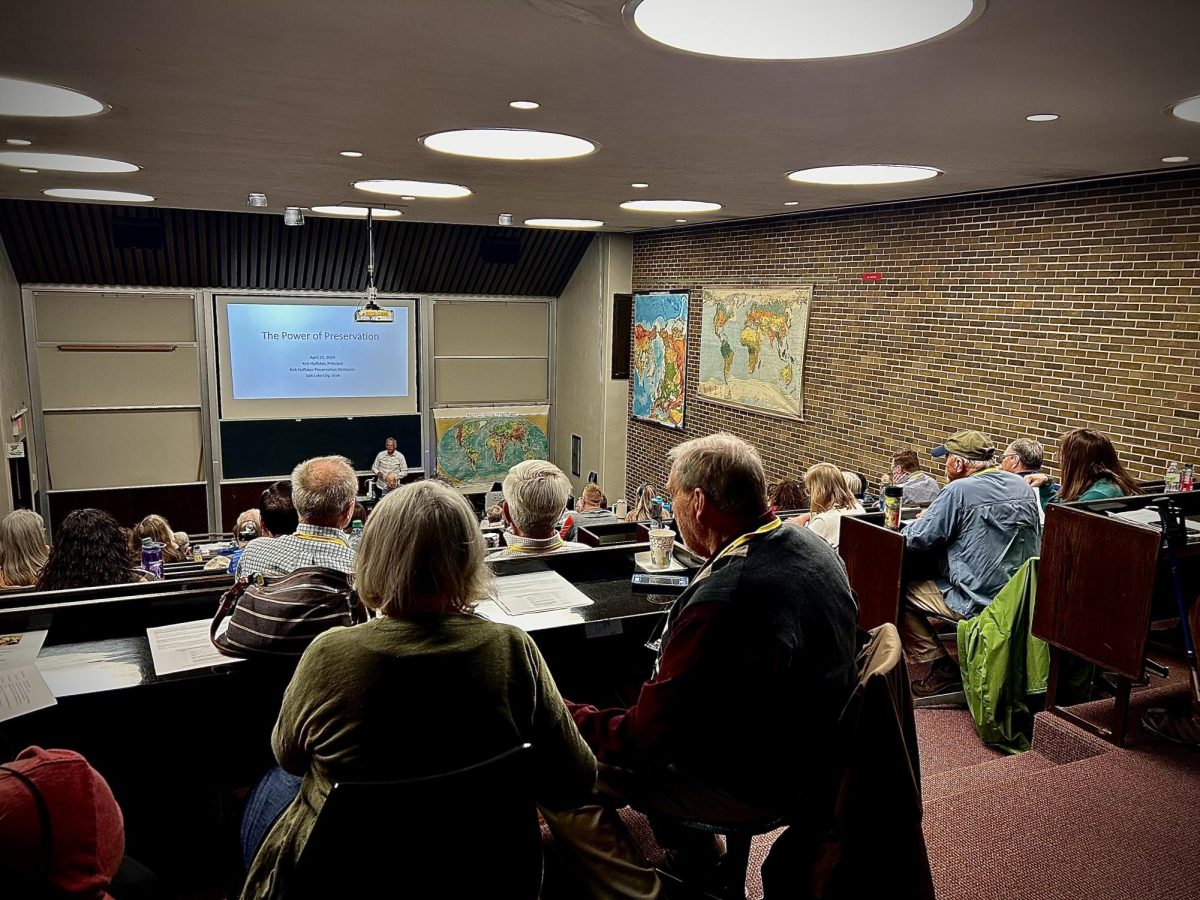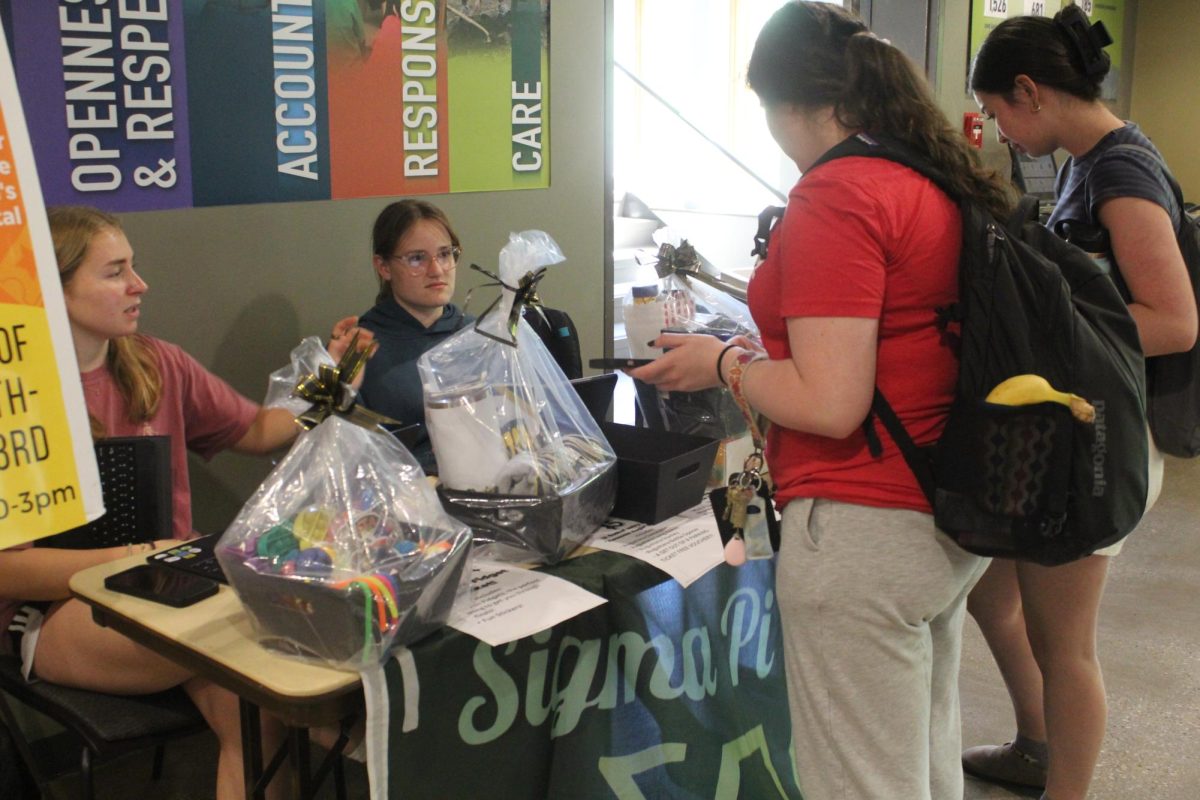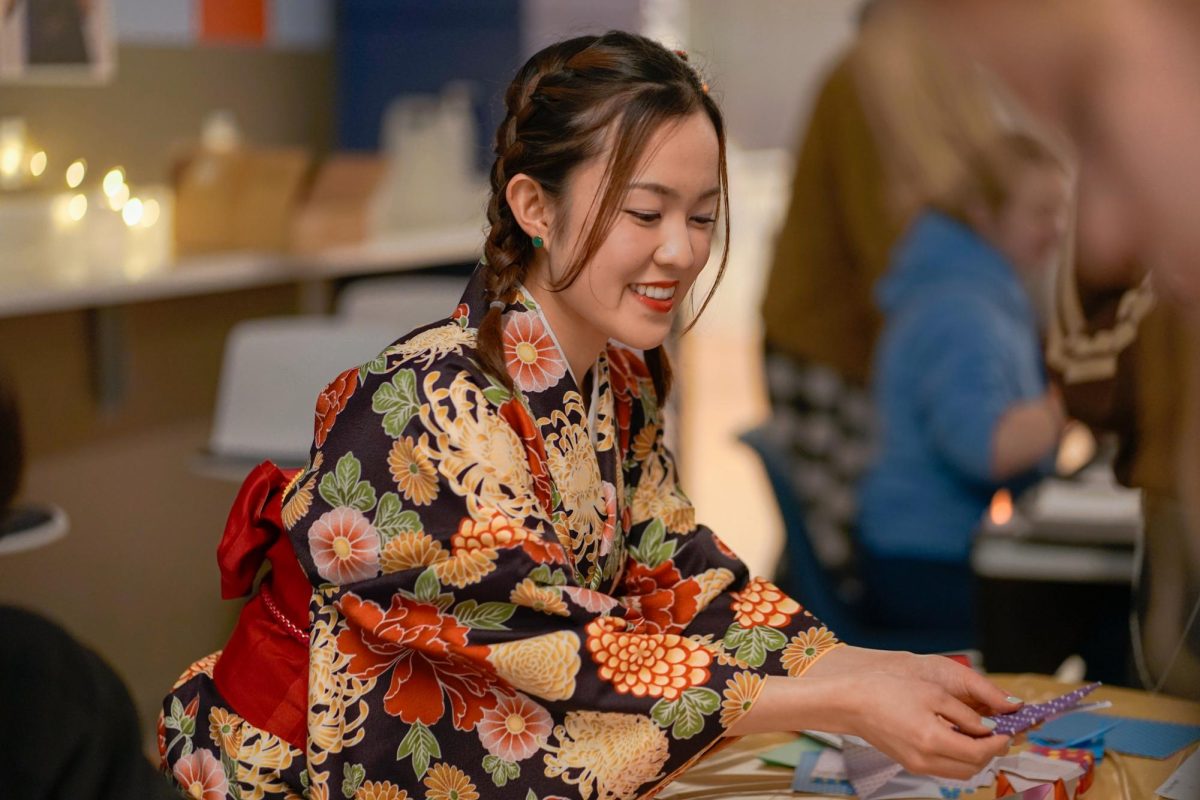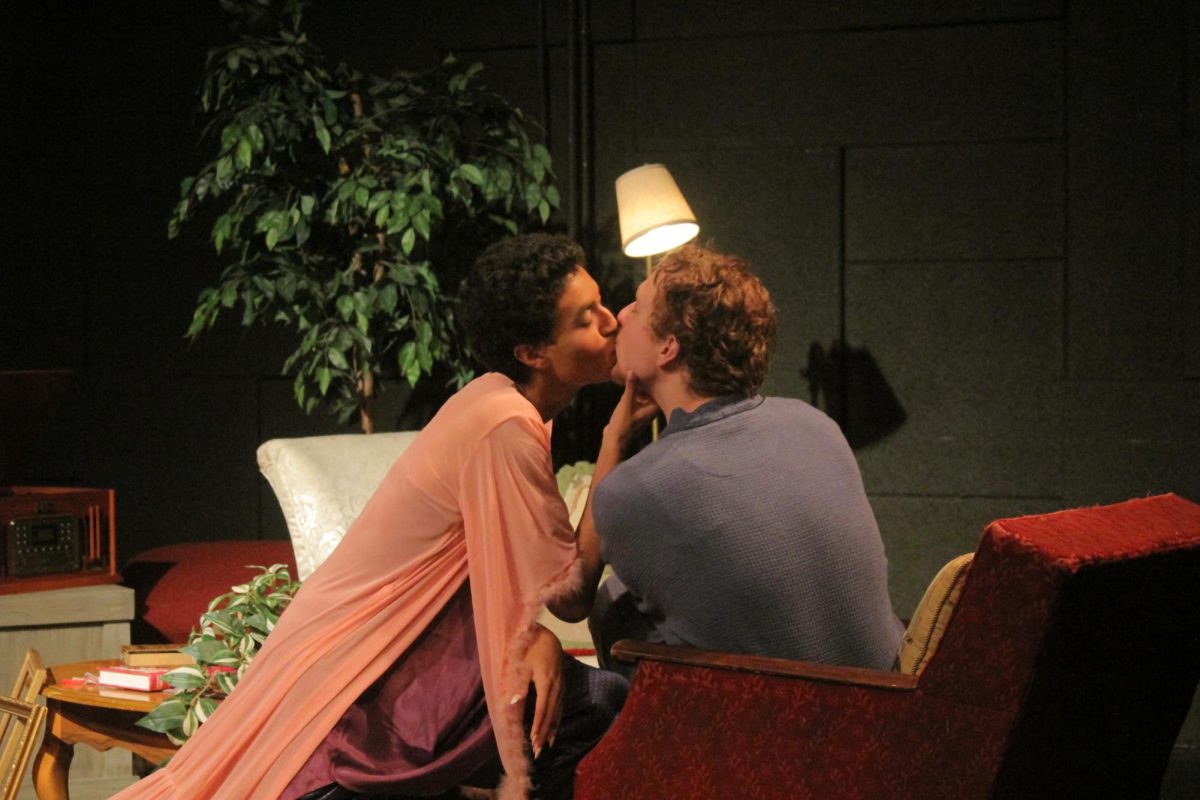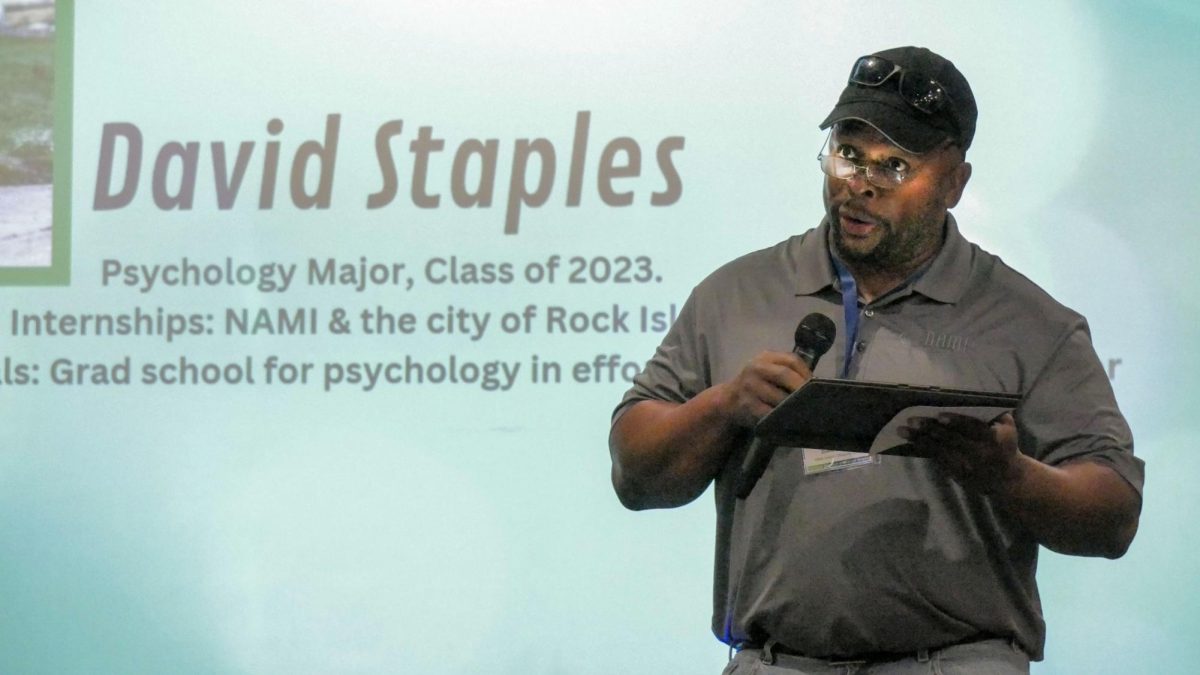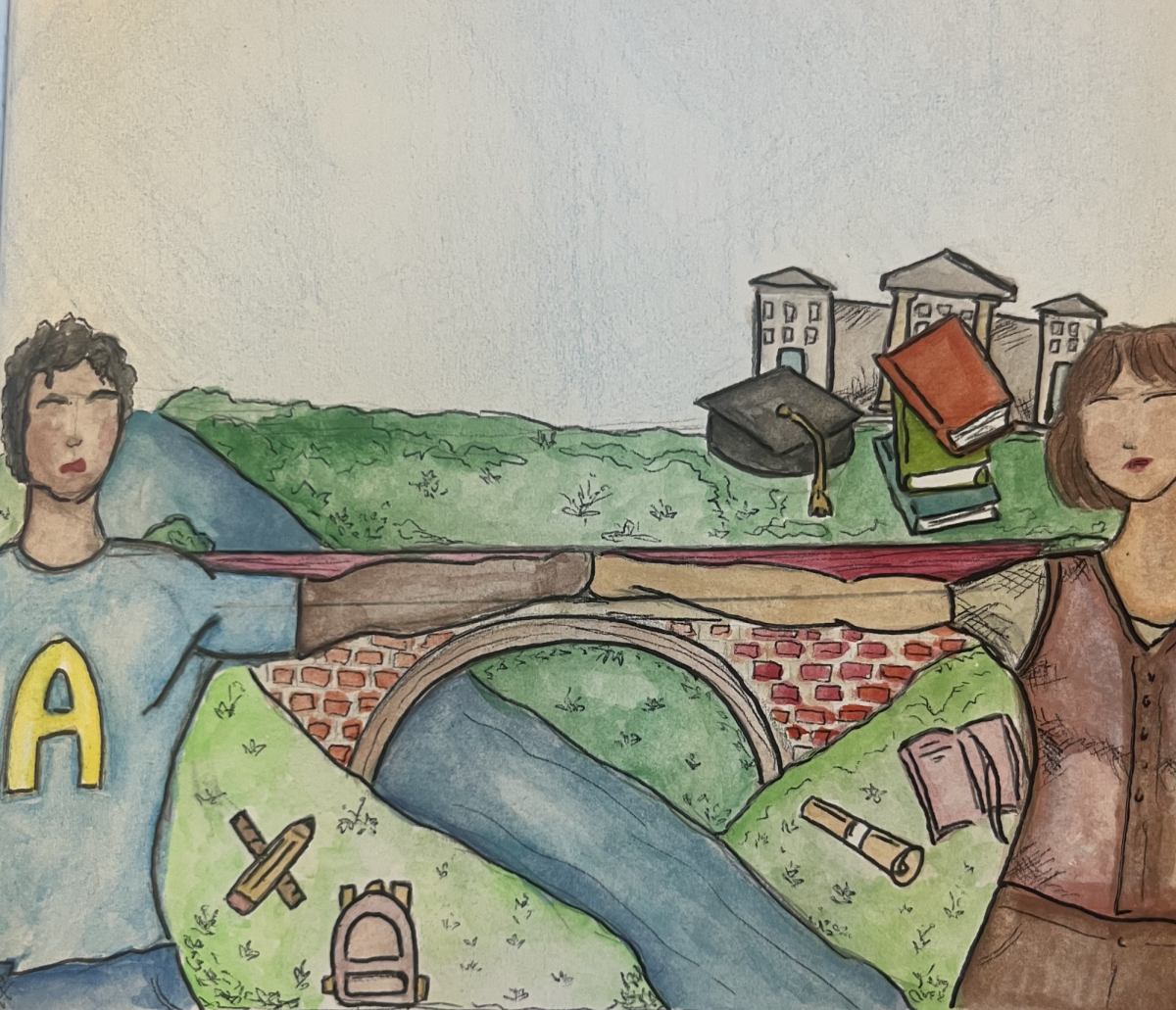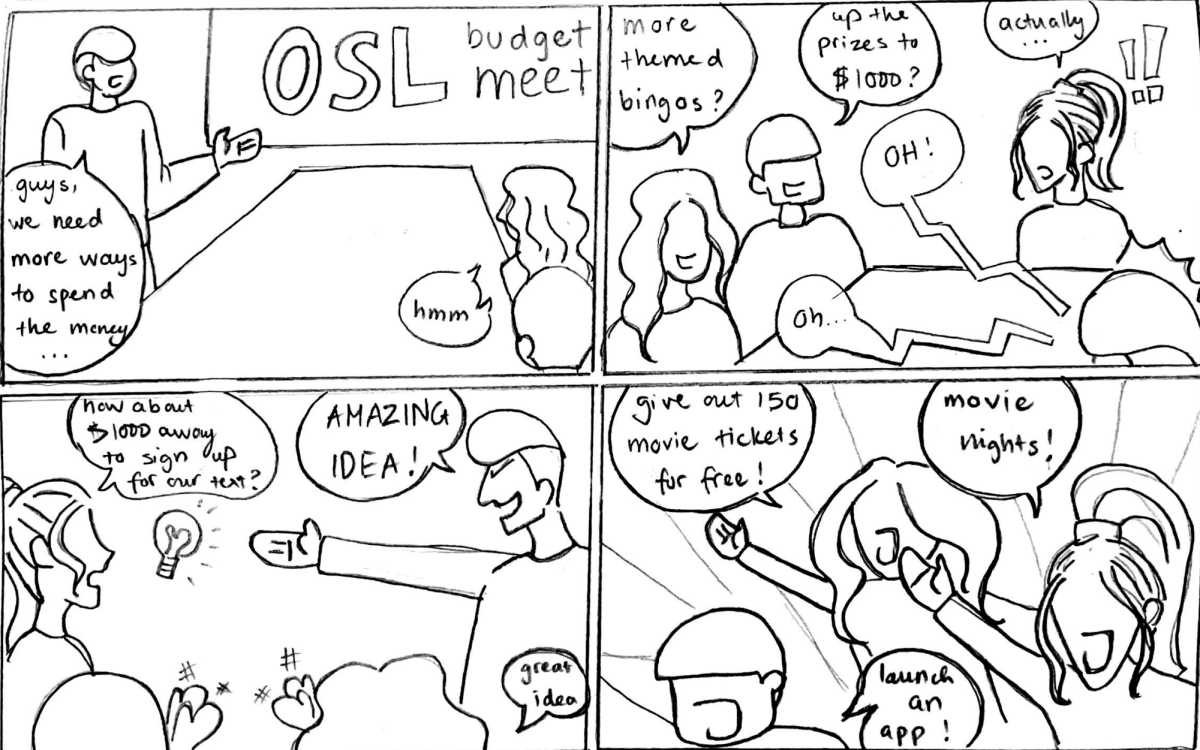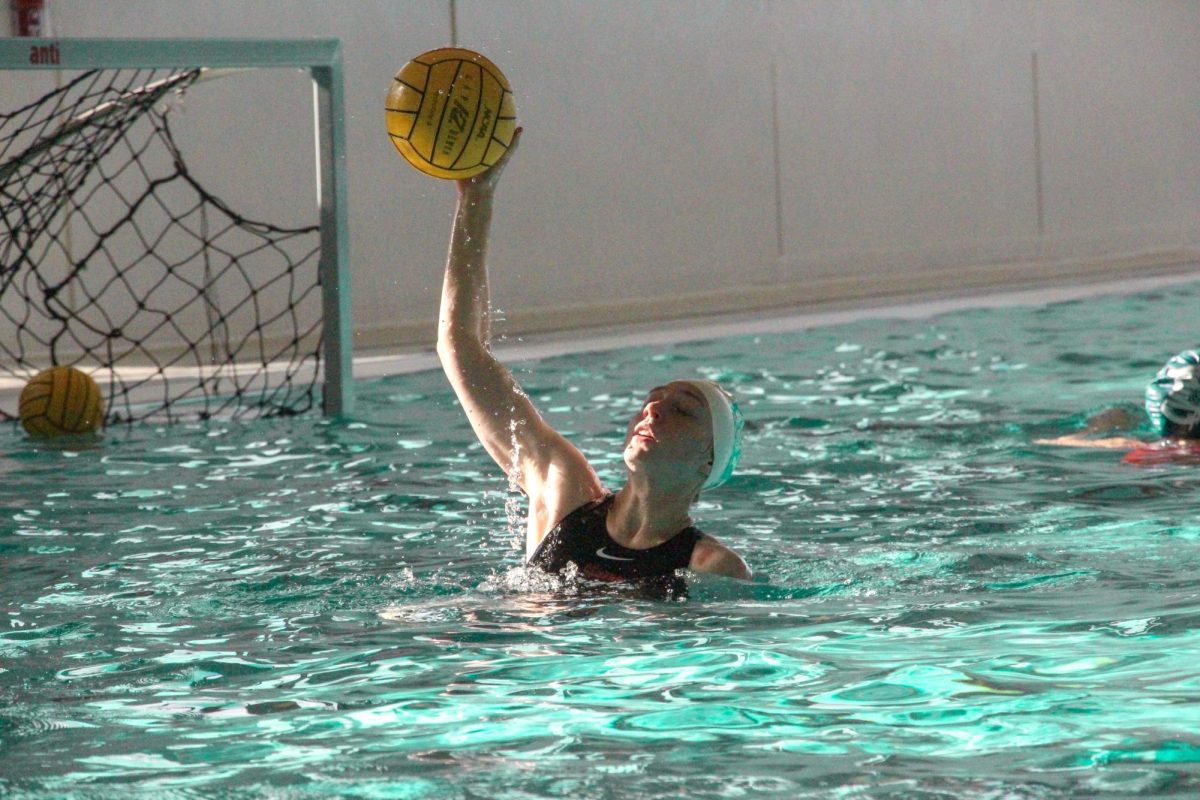The Office of Multicultural Student Life (OMSL) hosted a conversation series to promote open discussion addressing the problems of colorism on Monday, Apr. 9.
Program coordinators Stacie Gill and Nicholas Martinez hosted a panel comprised of Tony Pomales from the Anthropology department and students Mykea Johnson, Maya Smith, Rachel Boakye, Adiba Hasan and Amanda Corona.
The term colorism was coined by Alice Walker in 1982 meaning the “prejudicial or preferential treatment of same-race people based solely on their color.”
The conversation began by each member of the panel supplying their own personal experience on colorism touching upon ideas like the recognition of color, “melting pot,” race as a social construct and white passing (people of color who look white).
The room was a safe environment for people to express their thoughts on colorism openly, allowing minorities to learn more about each other’s thoughts and experiences.
Pomales encouraged the crowd to “color outside the lines tonight,” emphasizing the freedom of respectful thought provided in the room.
Tony Pomales teaches anthropology classes where he tries to supply safe spaces for students of color to express their concerns, organize their knowledge, voice and develop their opinions. Students have shown they have very strong feelings about the topic and want to discuss a diversity of stories and opinions, with no fear of retaliation or retribution.
These ideas are not natural. They are historically rooted in conquest, colonialism and imperialism, Pomales expressed. “You need to not only draw on your own experience to feel connected to these issues but also have a language to think about what your experiencing and communicate that to others. And then possibly mobilize people through that, which is what I think a lot of the panelists can do.”
Pomales explained that you are brought up in society to think that your experience related to color, race or ethnicity is unique to you; that it is very personal and private, and thus should not be shared or that you should feel shame surrounding this experience.
“Our job is to make these categories messy. We must realize that it’s not clear-cut, that there is no black and white,” Pomales claims.
Amanda Corona, panelists and Latinxs Unidxs president believes that some of the steps to take towards a more inclusive campus is to diversify the staff by hiring people of color and training staff on how to discuss issues of race, color, gender, language and to avoid assumptions based on those issues.
According to Corona, faculty and staff should not feel too underqualified or uncomfortable speaking on the topic and know how to connect diversity issues to fields other than the social sciences.
Students in leadership positions, who represent many people should also be aware and understand their position, and actually represent the students below them. Domestic and international students of color may benefit well from understanding different perspectives on racism and colorism. Students should hold each other accountable and understand the privilege many other people don’t get of receiving an education, using it as a strength, Corona said.
“During the discussion it seemed to me that women of color are bearing a lot of the weight of colorism and racism. Women’s bodies are vehicles for representation, of ethnic groups, of racial groups and so they are scrutinized, not just by their families but by everybody!
It’s not surprising to me that women of color are the one’s organizing these types of conversations, because they are more disadvantaged due to the intersection of their gender and color.”
Many equality and justice issues nationwide on campuses have been driven by female students of color’s labor. These parties are at the biggest disadvantage and privilege doesn’t allow one to see why this kind of work needs to be done, Pomales said, who encourages people to work together towards diversity, equity and inclusion.
Coloring outside the lines: Conversation on Colorism
April 19, 2018
